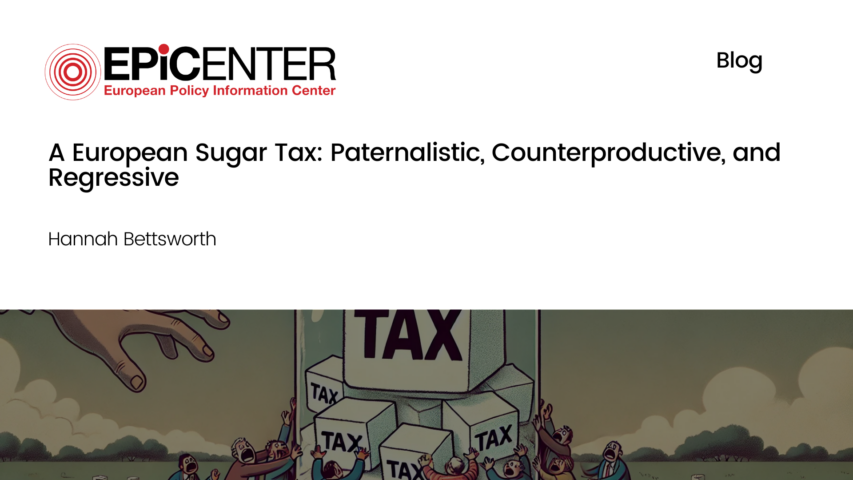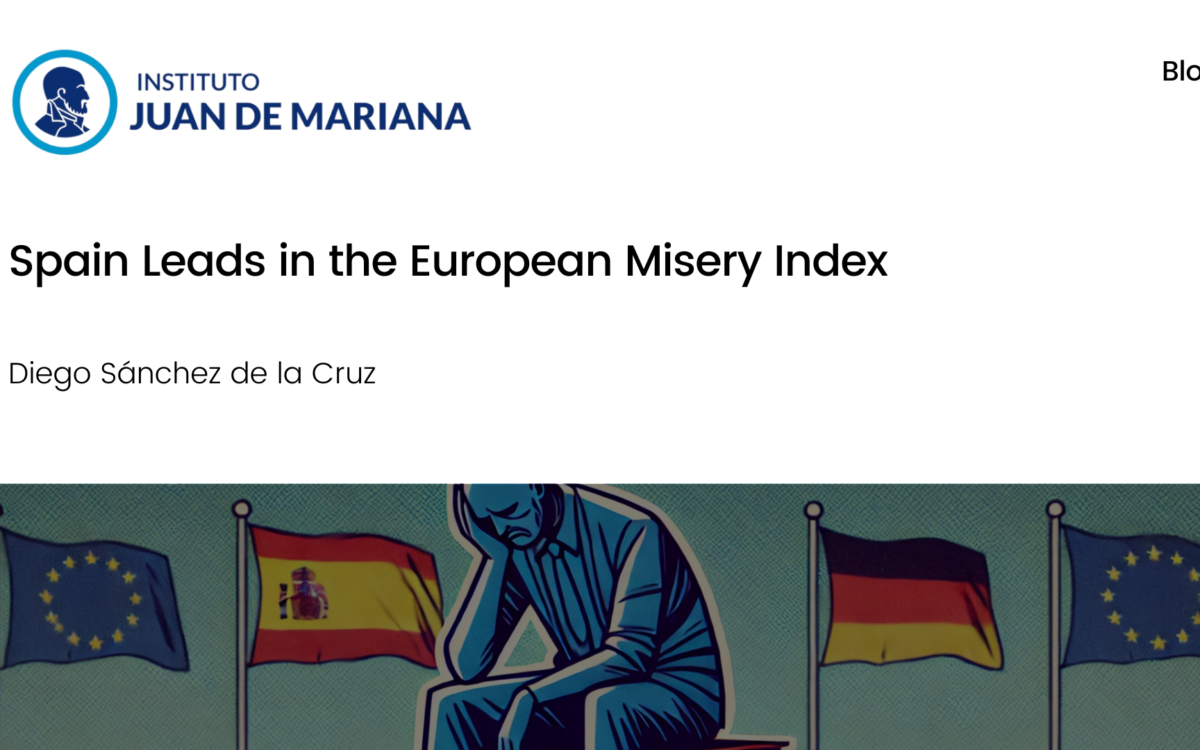A European Sugar Tax: Paternalistic, Counterproductive, and Regressive

A European Sugar Tax: Paternalistic, Counterproductive, and Regressive
Hannah Bettsworth // 22 March 2019
A consumer organisation called foodwatch recently demanded that the Romanian Presidency of the Council of the EU put an end to its partnership with Coca-Cola. Their reasoning is that commercial lobbying is illegitimate and that the sugar tax (which Coca-Cola opposes) would be of benefit to European citizens.
Both of these positions are questionable at best. Lobbying is a natural part of a democratic society. If regulations are being considered at EU level, affected groups have a right to campaign and make their positions known. Developing an EU which is inherently suspicious of companies is not democratically sustainable.
It is somewhat ironic for a public health campaign group to raise concerns about the amount of money spent by companies on lobbying. Public health lobbying groups are often allocated funding by national and European authorities. Some lifestyle lobbyists actually receive most of their organisation’s income from EU funds. They are well within their rights to spend money on campaigning for paternalistic taxes, if they believe that is the best way to meet their goals. They should, however, accept that others have an equally legitimate right to spend money opposing such policies.
The underlying belief that profit is the only reason to oppose sin taxes results in rhetoric about sinister sponsorship. In reality, there are plenty of other reasons to question the case for such policies. The Danish ‘fat tax’ led shoppers to make their purchases in Germany and Sweden to avoid it. Some might argue that an EU-wide tax of this kind would reinforce consistency within the Single Market. Yet, if consistency is the concern, it would be better to encourage Member States to abolish these taxes. Indeed, Denmark dropped the ‘fat tax’ and a ‘sugar tax’ proposal to avoid potential related job losses.
Such taxes do not provide added value for citizens. That much is clear. Studies repeatedly show sin taxes to be regressive. Even where wealthier people consume more alcohol, tobacco, snacks and soft drinks, the low-income households consuming them face the biggest financial burden from sin taxes. Demand for sugary drinks is not substantially reduced by the price: a 1% increase in price leads to consumption falling by less than 1%. Where people do switch to other kinds of drinks, this does not result in reducing calorie consumption. The tax fails to change behaviour and simply becomes a source of government revenue which hits the poorest hardest.
Evidence from studying very poor people – those living on less than a dollar a day – around the world also supports this argument. When they get a little more money to spend on food, they do not buy more calories. They use it to buy tastier calories. This is a natural human tendency, and not an impulse buy. Part of it is due to scepticism about future change. Poor people make rational trade-offs to enjoy themselves in the moment. That often means having a sugary tea. The ideas underlying sin taxes presume that this is an impulsive mistake. They imply that we must use the levers of the state to make people behave ‘correctly’.
Healthy changes cannot be imposed from above. To encourage sustainable healthy behaviours, the person in question has to commit to them. Diets have very poor success rates in keeping weight off in the long term. In reality, the ideal path to maintaining weight loss is linked to – alongside healthier food and activity choices – self-sufficiency, autonomy, personal motivation and flexible control. Depriving ourselves of what we really love leads to failure. Sin taxes are based on that kind of counterproductive, good-and-evil thinking about food. Lifestyle changes are not easy to make. If you do not have the willpower or the desire to cut down on your soft drink consumption, a price increase will not stop you.
As such, there are compelling reasons for the EU and its member states to reject a sugar tax. It does not have anything to do with maximising profit for drinks companies. It would hit the poorest hardest. It disrespects their agency, and would not create long-term, sustainable health improvements. Attributing opposition to sin taxes to corporate lobbying is simplistic, reductive, and borderline conspiracist thinking.
The opinions in this article belong to the author only and are not necessarily representative of EPICENTER or its member think tanks.
EPICENTER publications and contributions from our member think tanks are designed to promote the discussion of economic issues and the role of markets in solving economic and social problems. As with all EPICENTER publications, the views expressed here are those of the author and not EPICENTER or its member think tanks (which have no corporate view).



